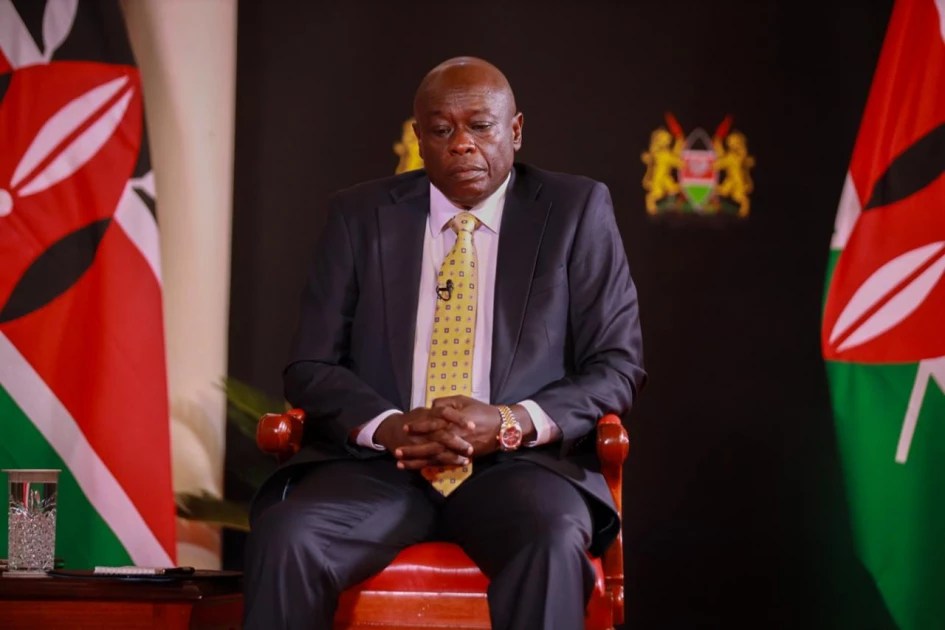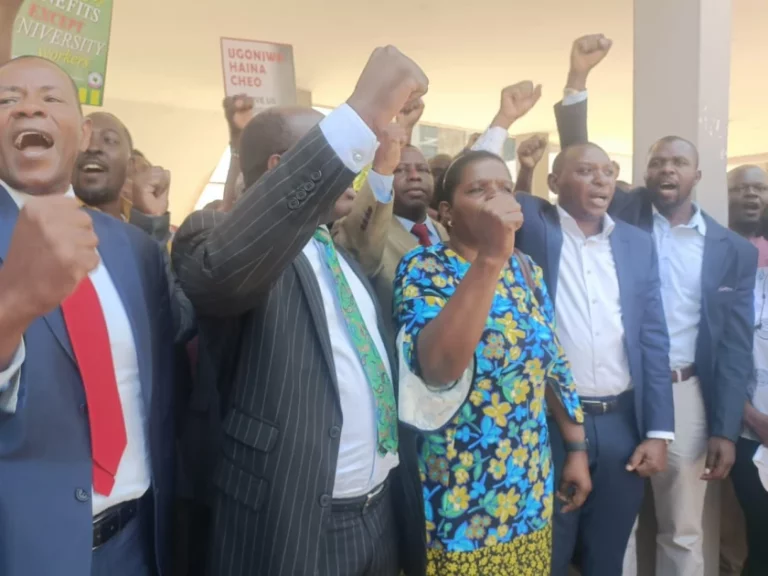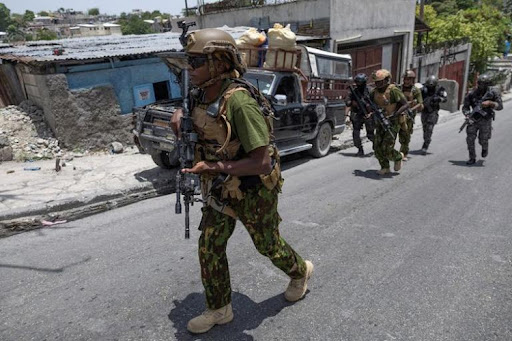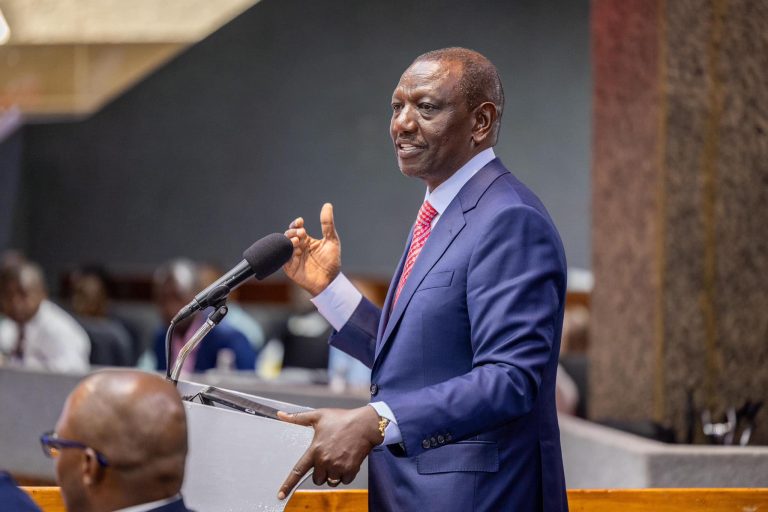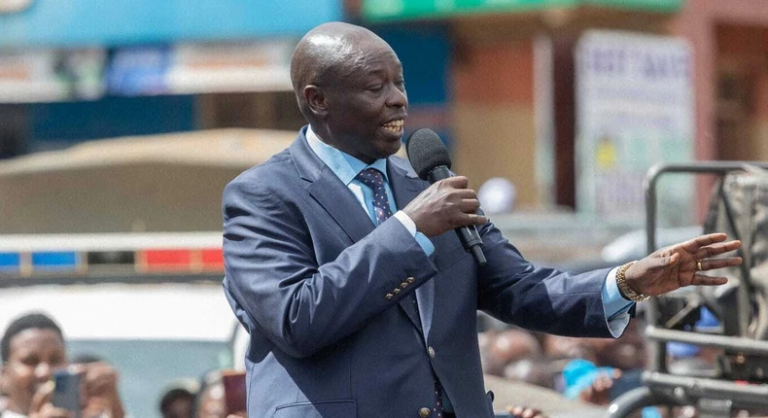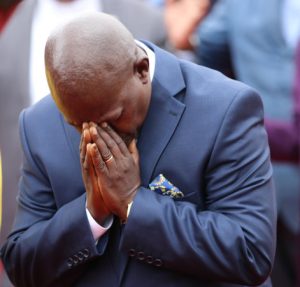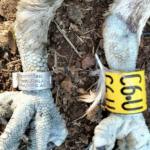Following Deputy President Rigathi Gachagua’s impeachment, Kenya enters a new phase of political uncertainty.
With the position of Deputy President now vacant, President William Ruto must nominate a replacement, sparking intense political maneuvering and potential shifts in alliances within the ruling Kenya Kwanza coalition.
This situation may also lead to increased public scrutiny of the government, adding pressure on Ruto’s administration.
The impeachment could spark widespread political debate and further impact the upcoming 2027 general elections.
All eyes are now on the President’s next steps and how this will shape Kenya’s political landscape moving forward.
Following a two-day process that involved extensive evidence and hours of cross-examination, the Senators resolved to impeach Deputy President Rigathi Gachagua.
Gachagua, who is currently admitted at Karen Hospital, was removed from office after Senators approved five of the 11 charges presented for his dismissal.
Charges
On the first charge of gross violation of Articles 10, 27, 73, 75, and 129 of the Constitution, 54 Senators voted in favor, while only 13 opposed the motion.
The second charge, citing gross violation of Articles 147 and 152 of the Constitution, received support from 28 Senators, while 39 voted against it.
The third charge, citing gross violation of Articles 6, 10, 74, 186, and 189 of the Constitution for undermining devolution, was supported by 18 legislators, with 45 opposing it.
The fourth charge, alleging gross violation of Article 160 of the Constitution for undermining the institutional and decisional independence of the Judiciary, was backed by 51 Senators, while 16 voted against it.
The fifth charge, involving gross violation of Articles 3 and 148 of the Constitution for breach of oath of office and allegiance, was supported by 49 Senators, with 16 voting against it and two abstaining.
The sixth charge, citing grounds to believe Gachagua committed offenses under Sections 13 (1)(a) and 62 of the National Cohesion and Integration Act, was backed by 48 Senators, while 18 opposed it and one abstained.
See also Gachagua is suffering from chest pain, admitted at Karen Hospital. Senate told.
The seventh charge, alleging reasons to believe Gachagua committed crimes under Sections 45(1), 46, 47a(3), and 48(1) of the Anti-Corruption and Economic Crimes Act, and Sections 2, 3, 4, and 7 of the Proceeds of Crime and Anti-Money Laundering Act, was supported by 14 Senators, while 52 opposed it and one abstained.
The eighth charge, citing grounds to believe Gachagua committed crimes under Section 132 of the Penal Code and Section 29 of the Leadership and Integrity Act, was backed by 27 Senators, with 40 voting against it.
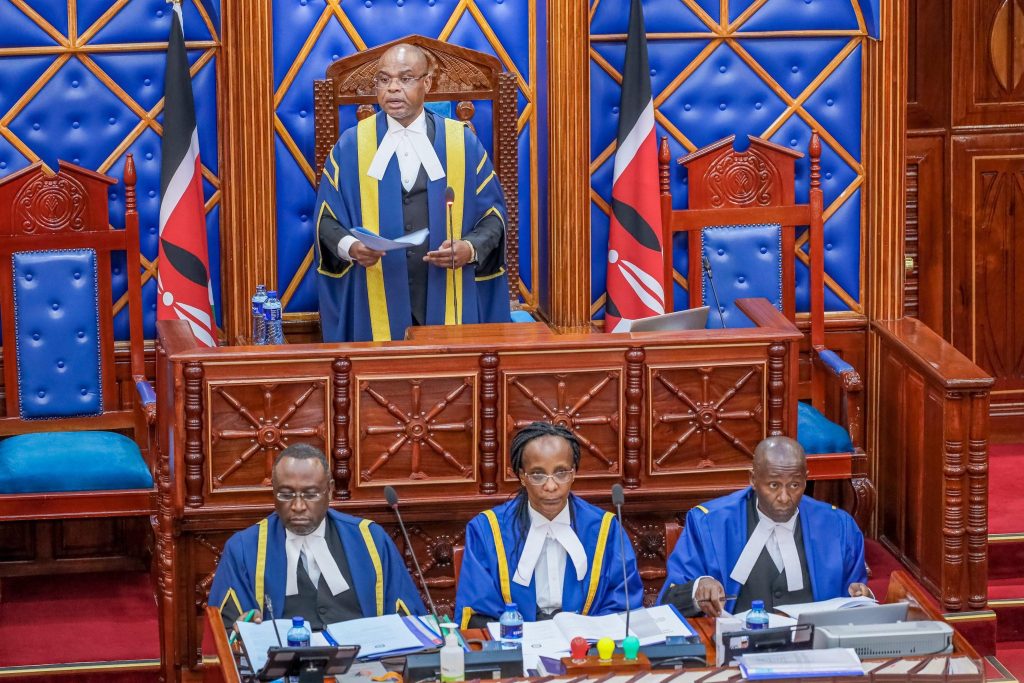
The ninth charge, regarding gross misconduct for public attacks on the National Intelligence Service and its officers, was supported by 46 Senators, with 20 opposing and one abstaining.
The tenth charge, alleging gross misconduct for insubordination, was supported by 22 Senators, while 45 opposed it.
The11th charge, concerning gross misconduct related to bullying, was supported by 18 Senators, opposed by 47, and two Senators abstained.
“Under Articles 145, 7, and 151(b) and (2) of the Constitution, and Senate Standing Order 78(8), the Senate has impeached Deputy President Rigathi Gachagua, officially removing him from office,” announced Speaker Amason Kingi.
Speculations has it that President Ruto might name his nominee sooner and the name could be out before Madaraka Day on Monday 21th October 2024.
